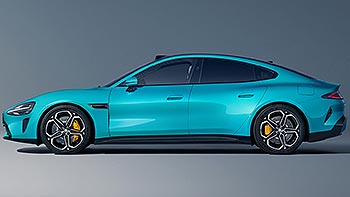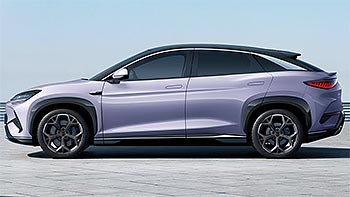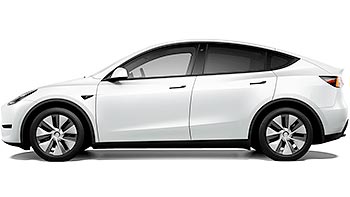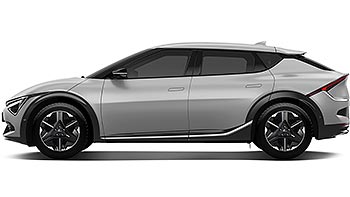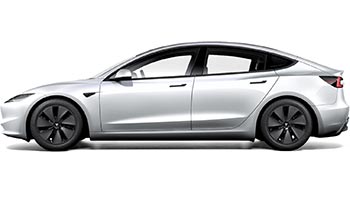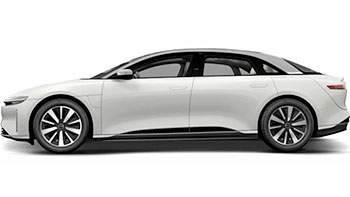Tesla's China compromise: maps deal opens door to autonomy

Elon Musk, Tesla's outspoken CEO, has long been a vocal critic of high-definition maps for self-driving systems. But, as the saying goes, "When in Rome…" His company's ambition to deploy its Full Self-Driving (FSD) suite in the lucrative Chinese market has led to a compromise. Tesla is joining forces with Chinese tech giant Baidu, a move seen as pivotal for unlocking the potential of FSD in China.
China's stringent regulations pose a unique hurdle for foreign EV makers. The government requires companies to secure mapping licenses before deploying advanced driver assistance systems. This regulatory maze often forces companies to partner with domestic entities, with Tesla being the latest example.

Baidu, often called "China's Google," boasts the coveted mapping credentials. It's one of just a handful of companies in China with the certification needed to navigate the country's strict data and mapping regulations.
While the deal's specifics remain hazy, the Tesla-Baidu alliance is a strategic necessity. It's a calculated trade-off to enable FSD, even though it might demand modifications to Tesla's current AI-driven approach.
Musk's previous derision of high-definition maps stemmed from his belief that Tesla could create cars capable of navigating real-world scenarios without them. His vision was a system that could adapt to changing road conditions and mimic human driving patterns. In 2019, Musk famously dismissed HD maps and lidar sensors as "crutches" that would ultimately prove inferior to Tesla's approach.

Fast-forward to today, and China's regulatory landscape necessitates a rethink—at least as far as that market is concerned. Analysts suggest this wouldn't be a total abandonment of Tesla's autonomous driving philosophy. Rather, the Baidu agreement will likely involve storing and processing Chinese driving data using Baidu's infrastructure. This appeases Chinese policymakers who are concerned about sensitive data leaving the country.
The Tesla-Baidu partnership echoes a broader trend in China's autonomous driving space. Domestic companies like Baidu Apollo, WeRide, and Pony.ai maintain an edge due to their deep understanding of Chinese regulations and partnerships with local carmakers. While Elon Musk might have swallowed a little pride, the collaboration could be a masterstroke as Tesla accelerates its pursuit of fully autonomous vehicles in China's vast market.
Related
Reader comments
- Anonymous
So he'll pay the ransom, I mean, the license, for map data that won't ever be used on a tesla, bravo
- 02 May 2024
- 8xv












